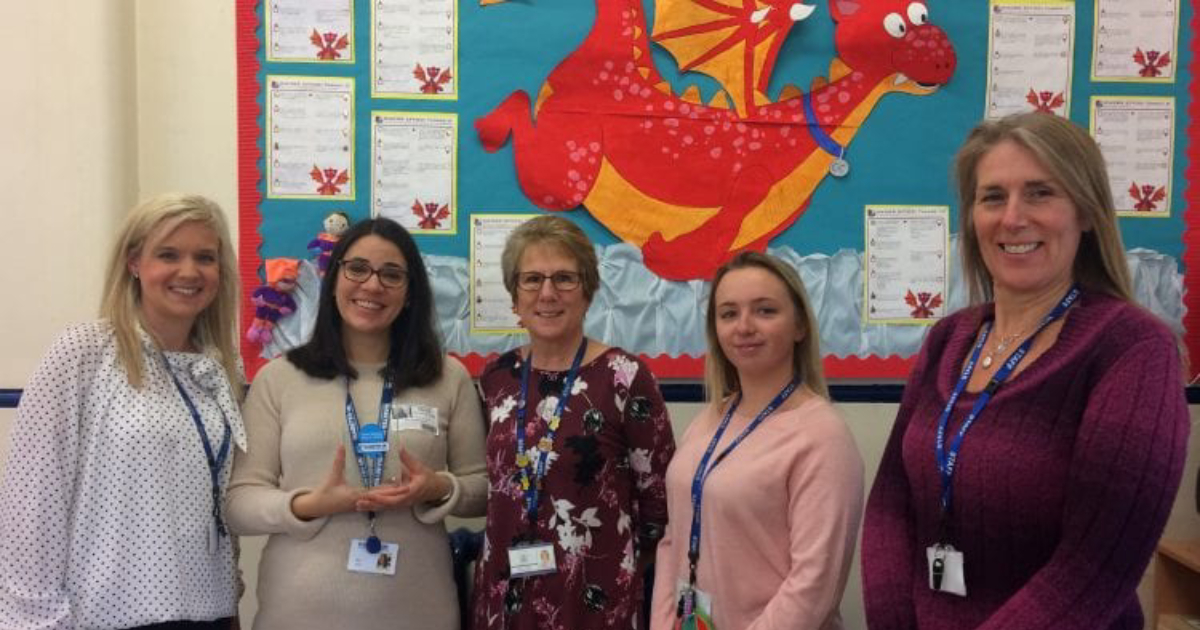A woman with diabetes has said her pet dog saved her life by waking her up from a night-time hypo.
Pam Mansfield has lived with diabetes for 25 years and has high praise for her dog’s perceptive instincts.
Speaking to Spalding Today, the 69-year-old said: “She was crying and pushing at me to make me wake up. Gypsy would not leave me alone until I woke up.
“When I came to, I realised I was having a hypo and did a sugar level test and it was very low. She is so responsive and protective of me. I have never had a dog like her. I love her to bits. If Gypsy had not woken men, I would have died.”
Nocturnal hypoglycemia (too low blood glucose levels overnight) can be a concern as someone can only be aware of the symptoms when awake.
For most people with diabetes, death or coma as a result of a night-time hypo is extremely rare. However, under certain circumstances, it can happen. Some factors that can increase the danger of night-time hypos include a substantial overdose of insulin, if a combination of alcohol after strenuous exercise has occurred or if someone has nerve damage that impairs the body from responding by releasing its own glucagon.
While precautions can be taken to reduce the risk of nocturnal hypos, they can occur and Pam is thankful her dog helped to mitigate the possible risks of her night-time hypo.
Pam thinks her hypo began because she had not eaten enough in the day and she ate some chocolate to raise her blood sugar levels which helped. Once Pam had taken action to relieve her hypo, Gypsy remained by her side.
She added: “She got on the bed and would not leave me. I went downstairs for a drink and she followed me. It took me four hours to get over it. I was really wobbly, and Gypsy would not leave me alone.
“I have never had such a perceptive dog. She seems to know me very well. She has had a lot of fuss. Everyone has been loving her since and think she’s a real celebrity.”
Picture credit: Spalding Today / SWNS







